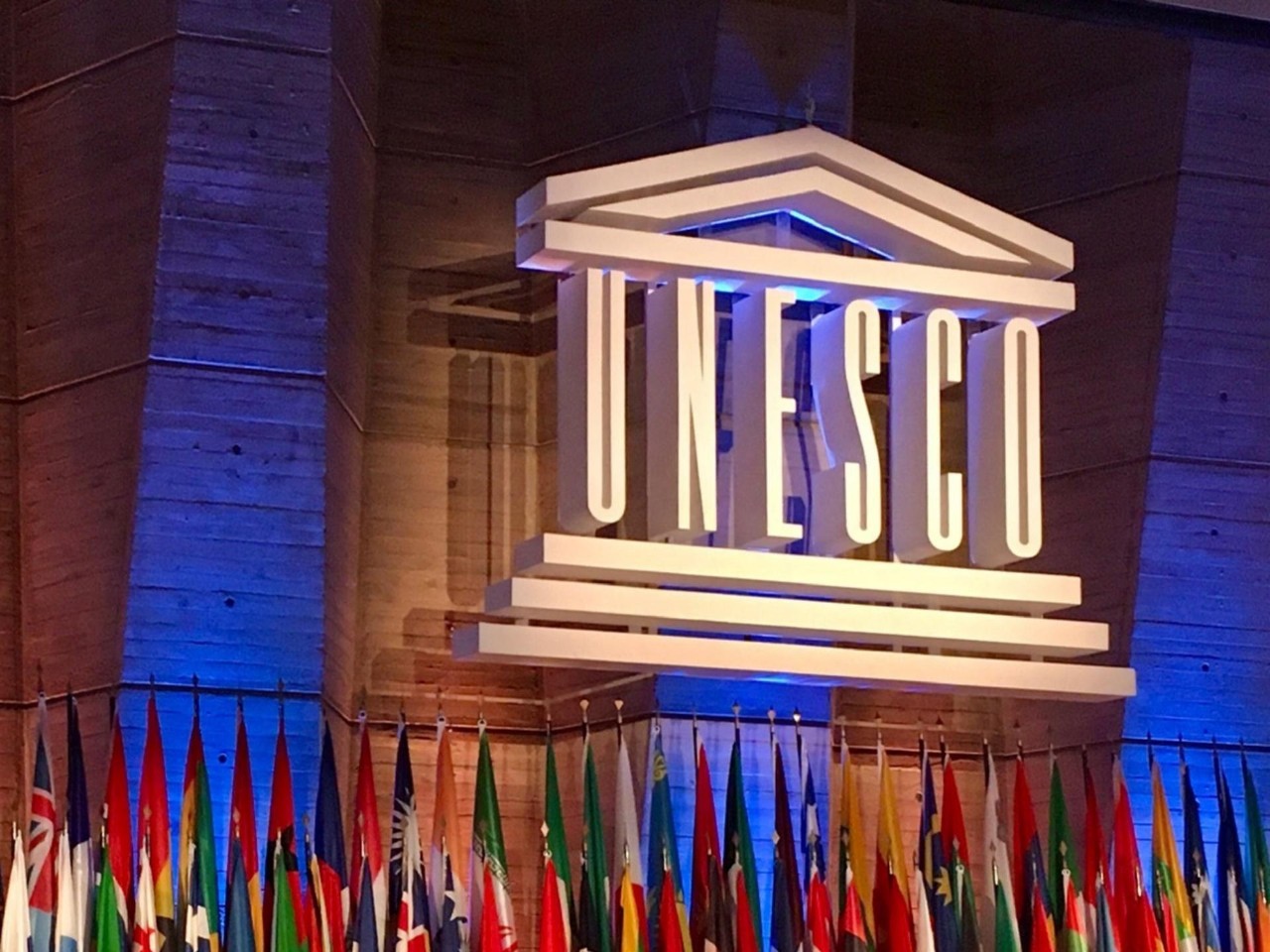Luxembourg and UNESCO: a commitment to education, science, culture and communication

As the world becomes more interconnected, UNESCO's global efforts in education, science, culture, and communication are increasingly vital. Luxembourg remains dedicated to implementing these principles both domestically and through international development partnerships.
Education: Empowering Future Generations
Today's children and adolescents will shape tomorrow's societies. To prepare them, they need access to inclusive, high-quality education that fosters civic engagement and sustainability awareness. In Luxembourg, this vision is realized through 16 UNESCO-affiliated schools and various nationwide initiatives.
Luxembourg also prioritises education in its international development programmes, reinforcing its commitment to global progress.
Natural and Human Sciences: Addressing Global Challenges
Scientific innovation is essential to achieving the 17 Sustainable Development Goals. Luxembourg fosters this progress through a network of research institutes and policies that welcome both local and international researchers. Additionally, the country supports underrepresented groups, including women, the LGBTIQ+ community, and vulnerable populations, ensuring diverse voices contribute to scientific advancements. This inclusive approach strengthens efforts to combat misinformation and tackle crises like climate change.
Culture: Preserving Heritage and Celebrating Diversity
Luxembourg stands at the crossroads of multiple cultural influences that enrich the country's cultural landscape and foster its social cohesion. With UNESCO's support, Luxembourg preserves its tangible and intangible heritage while embracing diversity, multilingualism and cultural openness. The nation exemplifies intercultural exchange, where shared ideas and experiences foster mutual growth.
Information and Communication: Facilitating Global Dialogue
In a multicultural society, freedom of expression is crucial for respectful dialogue and democracy. Luxembourg champions a safe environment for diverse voices, supporting multilingual media and associations that empower minority communities. The country actively backs UNESCO's International Programme for the Development of Communication (IPDC), particularly in promoting journalist safety and combating disinformation.
Luxembourg's Commitment to UNESCO Goals
Since its founding in 1945, UNESCO has promoted global peace and sustainable development through key initiatives in:
- Protecting cultural and natural heritage.
- Fostering cultural diversity.
- Ensuring access to quality education.
- Advancing scientific cooperation.
- Defending freedom of expression and independent pluralistic media.
Luxembourg plays an active role in UNESCO programmes both nationally and internationally through various networks. Key contributions include:
- Preserving cultural, intangible, and natural heritage in Luxembourg, through Man and the Biosphere, Geopark and World Heritage programmes.
- Establishing emergency communication systems for disaster relief (Emergency.lu).
- Supporting microfinance initiatives in developing countries to boost entrepreneurship.
- Engaging the private sector in achieving Sustainable Development Goals via the Business Partnership Facility.
- Addressing gender inequality by mainstreaming gender perspectives and empowering women and girls.
- Promoting shared values through mutual learning opportunities, UNESCO-affiliated schools and UNESCO Chairs.
Luxembourg's UNESCO-commitment is enhanced by HRH the Grand Duchess of Luxembourg, who has been a goodwill ambassador for the organisation since 1997. Her main areas of focus are projects and programmes promoting the education of girls and women around the world, empowering them through microfinance, and protecting children's rights.
As of 2024, UNESCO had 194 member states. Its 58-member Executive Board oversees program execution, with members serving four-year terms. Luxembourg has submitted its candidacy for a seat on the Executive Board for the 2025-2029 term, reinforcing its commitment to UNESCO's mission.
Last update

